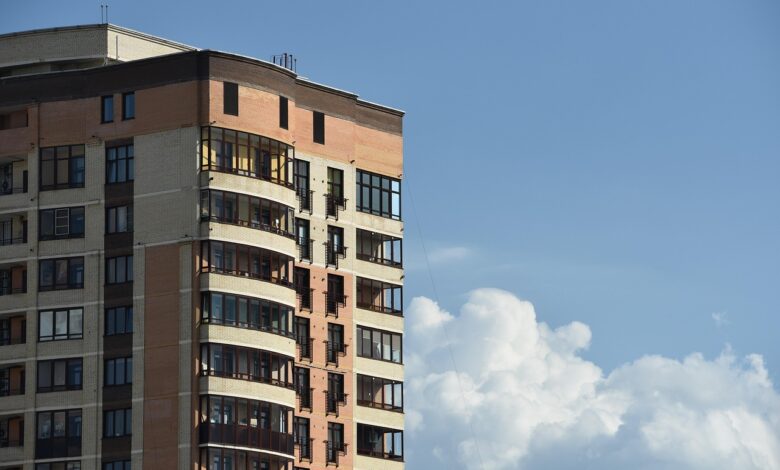Everything You Need to Know About Home Insurance Premiums

Home insurance premiums are an essential part of safeguarding your property and belongings from unexpected events. These premiums represent the amount you pay to your insurance provider, ensuring your coverage is active and your home is protected against various risks. Understanding how these premiums are calculated, what factors influence them, and how you can reduce them can help you make informed decisions about your insurance policy.
This comprehensive guide breaks down everything you need to know about home insurance premiums.
What Are Home Insurance Premiums?
Home insurance premiums are the periodic payments—usually monthly or annually—that homeowners make to their insurance providers in exchange for coverage. Essentially, premiums are the cost of maintaining your policy and ensuring financial protection for your home, personal belongings, and liability risks.
How Are Home Insurance Premiums Calculated?
Insurance providers consider various factors when calculating premiums. These factors help them assess the likelihood of a claim and the cost of potential damages.
1. Property Value
- The value of your home directly impacts your premium. Higher-value properties typically require higher premiums due to increased replacement costs.
2. Location
- The location of your home plays a significant role. If you live in an area prone to natural disasters like floods, hurricanes, or earthquakes, your premiums may be higher.
3. Coverage Amount
- The amount of coverage you select, including additional riders, influences your premium. Greater coverage often results in higher costs.
4. Home Features
- Factors like the age, construction material, and security features of your home affect your premium. Modern, well-secured homes may have lower premiums.
5. Deductible
- Your deductible is the amount you pay out-of-pocket before the insurance company covers the rest. Choosing a higher deductible can lower your premiums.
Factors That Influence Home Insurance Premiums
1. Risk of Natural Disasters
- Homes located in disaster-prone regions may incur higher premiums.
2. Claims History
- A history of frequent claims can increase your premium, as insurers view it as a higher risk.
3. Credit Score
- Many insurance providers use credit scores to assess the risk of insuring a homeowner. A higher credit score can result in lower premiums.
4. Safety Measures
- Installing safety features like smoke detectors, burglar alarms, and surveillance cameras can reduce premiums.
5. Discount Opportunities
- Discounts for bundling policies (e.g., home and auto insurance) or being a loyal customer can significantly reduce costs.
Ways to Lower Your Home Insurance Premiums
If you’re looking to save on your home insurance premiums, here are some effective strategies:
1. Increase Your Deductible
- Opting for a higher deductible reduces your premium but increases out-of-pocket costs in case of a claim.
2. Install Security Systems
- Adding security measures not only protects your home but can also qualify you for discounts.
3. Bundle Insurance Policies
- Many providers offer lower premiums if you combine home insurance with other policies like auto insurance.
4. Review Coverage Regularly
- Assess your policy annually to ensure you’re not paying for unnecessary coverage.
5. Shop Around
- Compare quotes from different providers to find the best premium and coverage for your needs.
How to Choose the Right Premium for Your Needs
When selecting a home insurance policy, it’s important to strike a balance between affordability and comprehensive coverage. Here’s how:
1. Evaluate Your Risks
- Consider the potential risks specific to your property and area. For example, if you live in a flood-prone region, opt for additional flood insurance.
2. Prioritize Coverage Over Cost
- Don’t compromise coverage to save on premiums. Inadequate coverage can lead to significant financial losses.
3. Seek Professional Advice
- Work with an insurance agent or advisor who can help you navigate options and choose a policy tailored to your needs.
Common Myths About Home Insurance Premiums
Myth 1: Premiums Always Increase After a Claim
While filing a claim can impact premiums, the effect may vary depending on the insurer and the circumstances.
Myth 2: Older Homes Always Have Higher Premiums
The cost depends on various factors, including renovations and the quality of construction, rather than just the age of the property.
Myth 3: Expensive Homes Always Have Expensive Premiums
Higher-value homes may have larger premiums, but discounts and safety features can help offset costs.
Final Thoughts
Understanding the dynamics of home insurance premiums helps you make smarter choices for your policy. By knowing what affects your premiums and exploring strategies to reduce them, you can ensure you’re adequately protected without overpaying. Remember, the right balance of cost and coverage is essential for safeguarding your home and maintaining financial stability.







